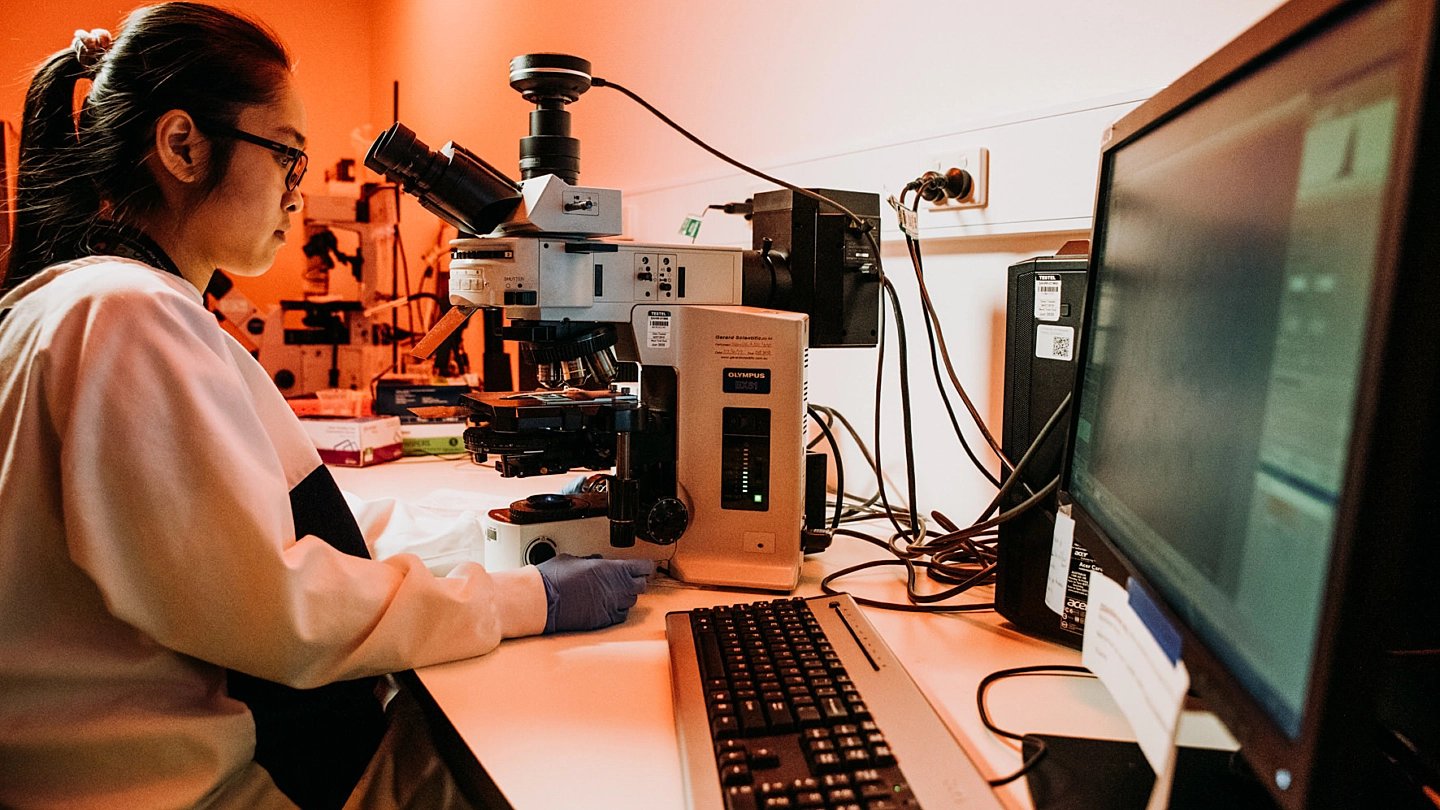The Vagal Afferent Research Group is improving understanding of the physiology and pathophysiology of gastrointestinal sensory nerve (vagal afferent) signals to the brain, with the ultimate aim of providing new pharmacological targets or dietary therapeutic approaches for the treatment of diseases such as obesity and functional dyspepsia.

We know the gut-brain axis and gastrointestinal vagal afferents plays an important role in the regulation of gastrointestinal motility and secretions to optimise absorption of nutrients and regulation of appetite to control meal size. Vagal afferents display a remarkable degree of adaptability in response to daily variations in food intake and nutritional status.
However, there is inadequate knowledge of the mechanisms involved in initiating these signals, the plasticity of these mechanisms under normal physiological conditions (e.g. pregnancy) and whether changes in these mechanisms are associated with diseases such as obesity or functional dyspepsia.
Understanding the mechanisms that drive exaggerated or dampened vagal afferent signalling will lead to new diet regimes and/or pharmacotherapies for treatment of diseases such as obesity and functional dyspepsia.




